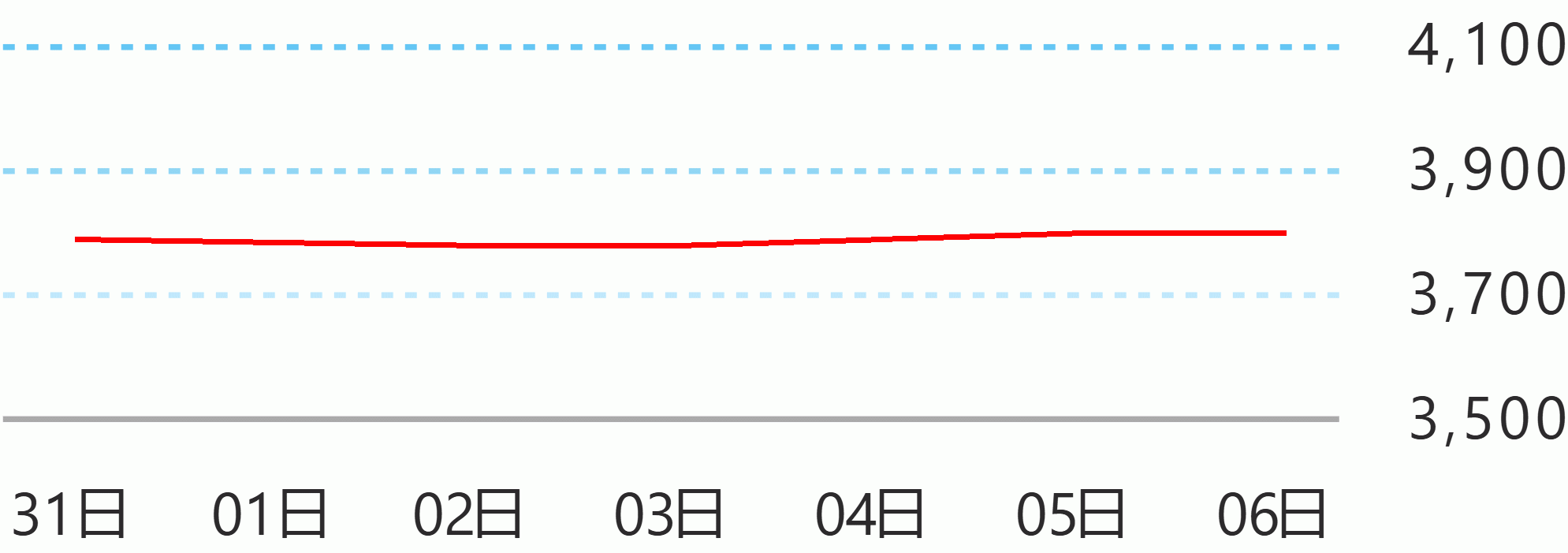The Armed Forces of the Philippines (AFP) and Philippine National Police (PNP) confirmed one of the bombers in the twin blasts that struck a military camp in Indanan, Sulu and killed eight is a Filipino.
"After thorough investigation and forensic examination, the Regional Crime Laboratory Office of the Police Regional Office 11 has revealed that one of the suspected suicide bombers in 1st Brigade Combat Team temporary headquarters in Indanan, Sulu last June 28 can be concluded as a Filipino," PNP spokesman Police Col. Bernard Banac said on Wednesday.
With the confirmation of the identity. the AFP said Lasuca is the first validated Filipino suicide bomber in the country.
“The AFP and the PNP would like to allay the fears of our countrymen notwithstanding this development where we can confirm and is now confirming the incidence of the first suicide bombing in the Philippines perpetrated by Norman Lasuca,” AFP spokesman Brig. Gen. Edgard Arevalo.
“The biggest implication of this is that we now have a suicide bombing case in the Philippines. It should open us in a new mindset that the security environment in our country has changed. We need to become more active and to cooperate with our security forces and to our local government,” Arevalo added.
Banac said the DNA result of one of the alleged suicide bomber identified as Norman Lasuca matched the DNA of relatives who claimed his remains days after the explosion.
"PNP Regional Crime Lab Office (RCLO) 11 said in a report that reference DNA standards were taken from Vilman Alam Lasuca and Alhussin Alam Lasuca, claimant mother and brother of one of the suspected bomber," he said.
"Moreover, the DNA results examined by RCLO 11 forensic DNA analyst, Police Major Florepes Pallado, concluded there is 99.99 percentage probability match on the DNA sample from Vilman Lasuca and samples of the alleged suicide bomber," he noted.
"Hence, it can be concluded that one of the alleged suicide bombers is the son of Vilman Alam Lasuca,” Banac added, quoting the report from RCLO 11.
Arevalo said the military is also conducting a deeper investigation about the involvement of Filipinos in the suicide bombing.
“We do not want to stop when we knew that it is a case of suicide bombing by a Filipino on Philippine soil because there are more than what meets the eye to say the least so we are conducting deeper investigation,” he said.
Banac said government forces are still trying to establish the identity of the other suspect in the Indanan bombing.
“The identification of the second suspected bomber is still underway as the AFP- PNP continue to collect DNA samples from possible known family and relatives and to establish match on its identity,” he said.
Arevalo said the military still considers the bombing as an ''isolated case''.
“We see this as an isolated case, we still consider this to be an isolated case and we are (doing) all efforts in order for us to help to ensure that this will not happen again,” he said.
“We wish to highlight the fact that the AFP has its keen focus on Sulu to defeat the Abu Sayyaf Group put a stop to the terrorist activities and atrocities they commit against the people of Sulu, in Mindanao and the country,” Arevalo said.
“Aside from the existing forces in Sulu, the XI ID was activated to intensify the conduct of a surgical and focused military operation,” he noted.
Following the order of President Rodrigo Duterte’s directive to crush the Abu Sayyaf, the 1BCT, a Marine Battalion Landing Team, and another Army Infantry Battalion were deployed recently in Sulu.
''This is apart from additional naval and air assets to be deployed thereat,” Arevalo added.
Arevalo said the bombing incident highlights the military's recommendation to amend the Human Security Act.
“This recent incident likewise highlights our recommendation to amend the Human Security Act?chief of which is the removal of P500,000 fine per day for members of security forces who may have wrongfully detained a suspected terrorist; and the increase of authorized period of detention of a suspected terrorist from three days to 30,” he said. Robina Asido/DMS





 English
English









